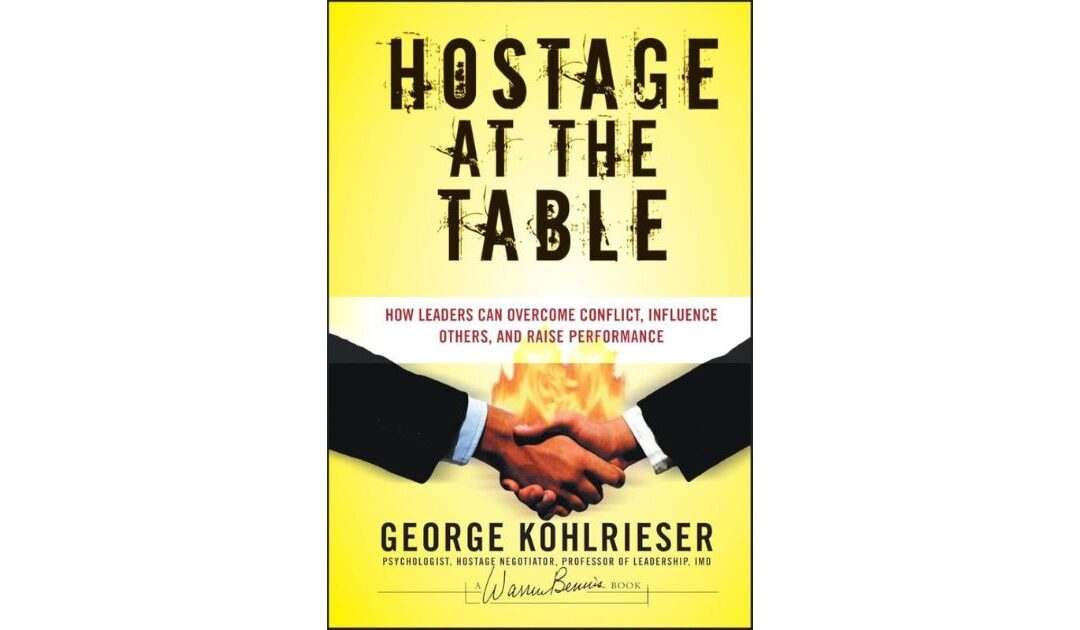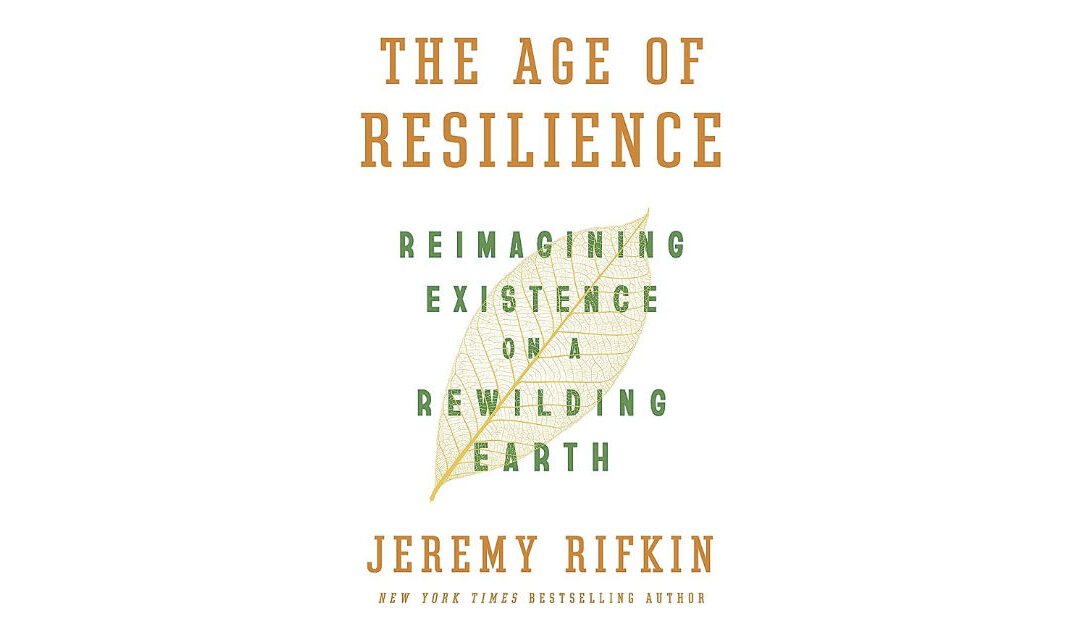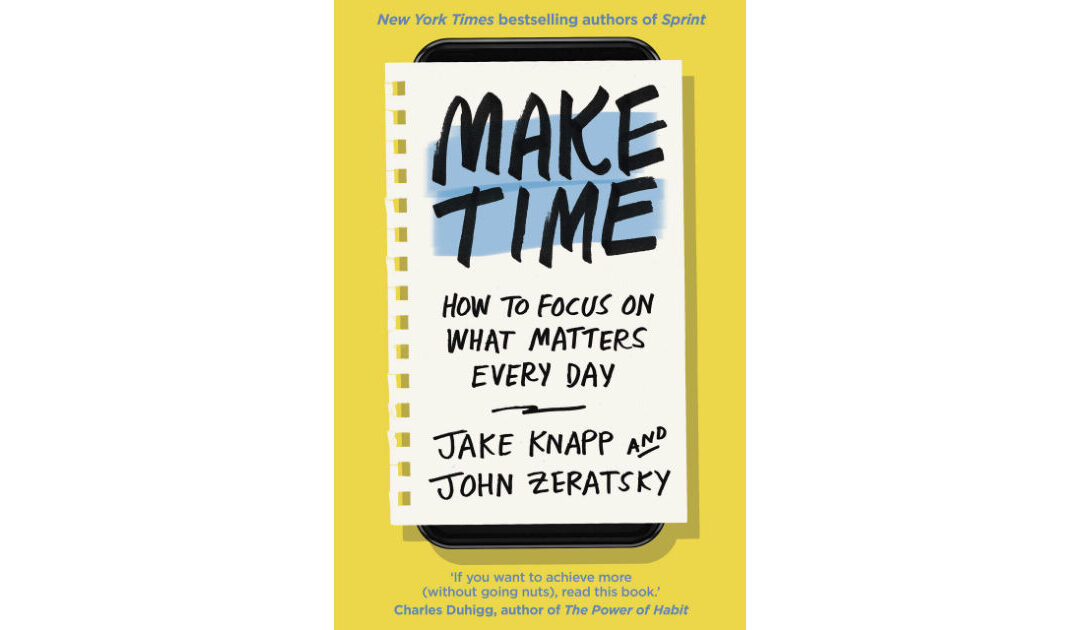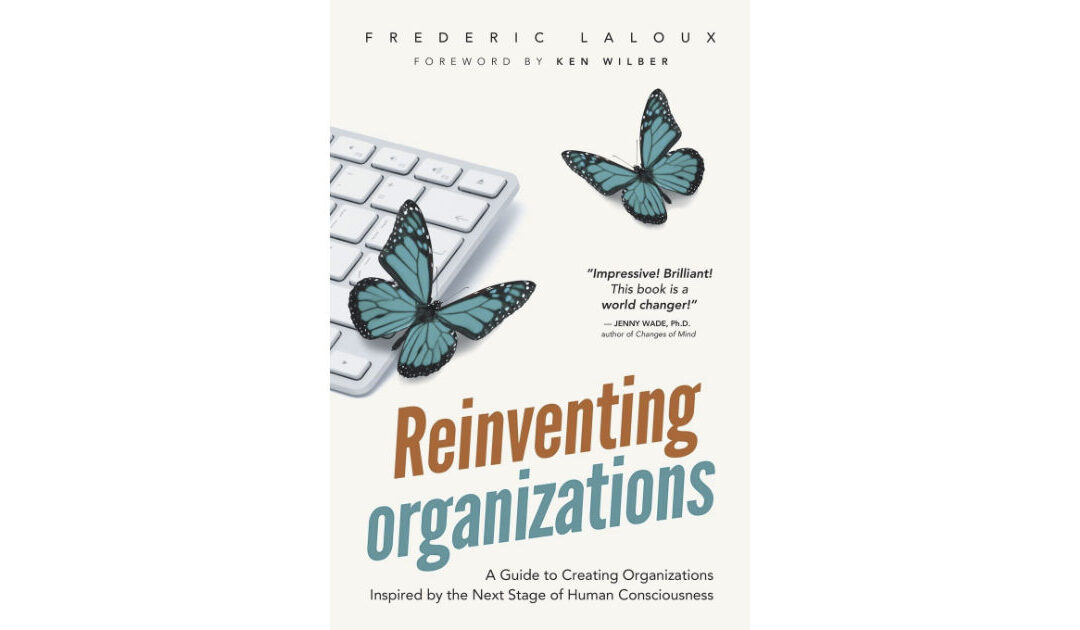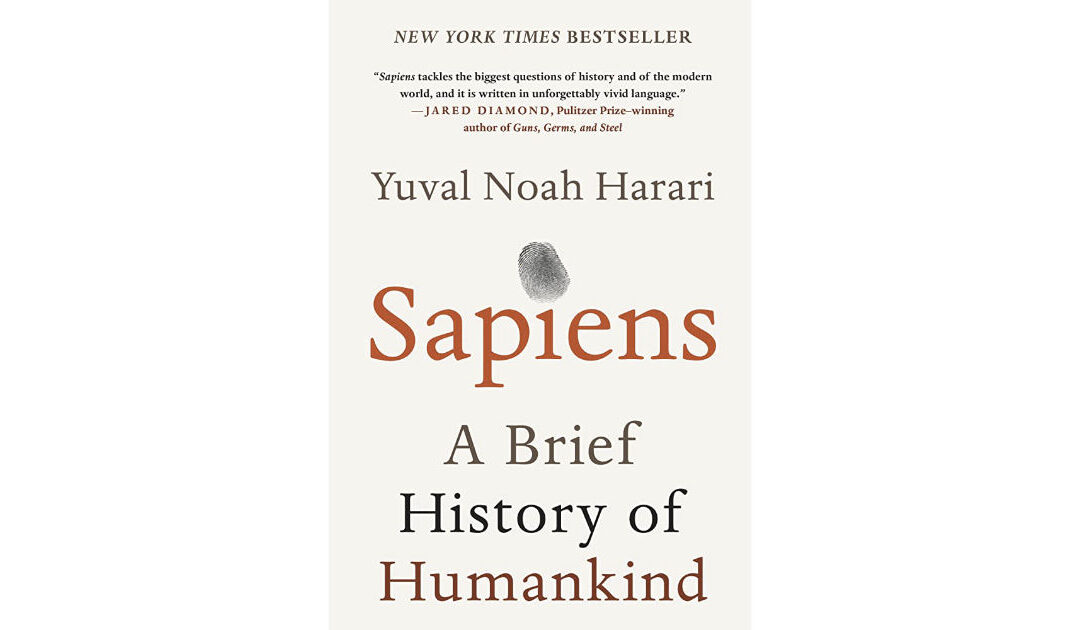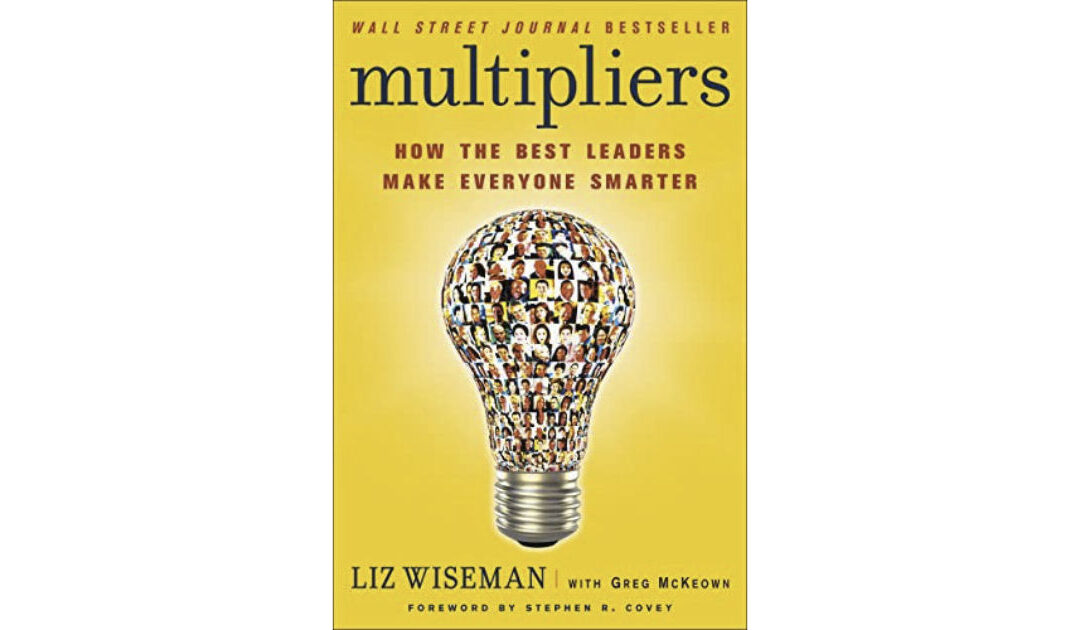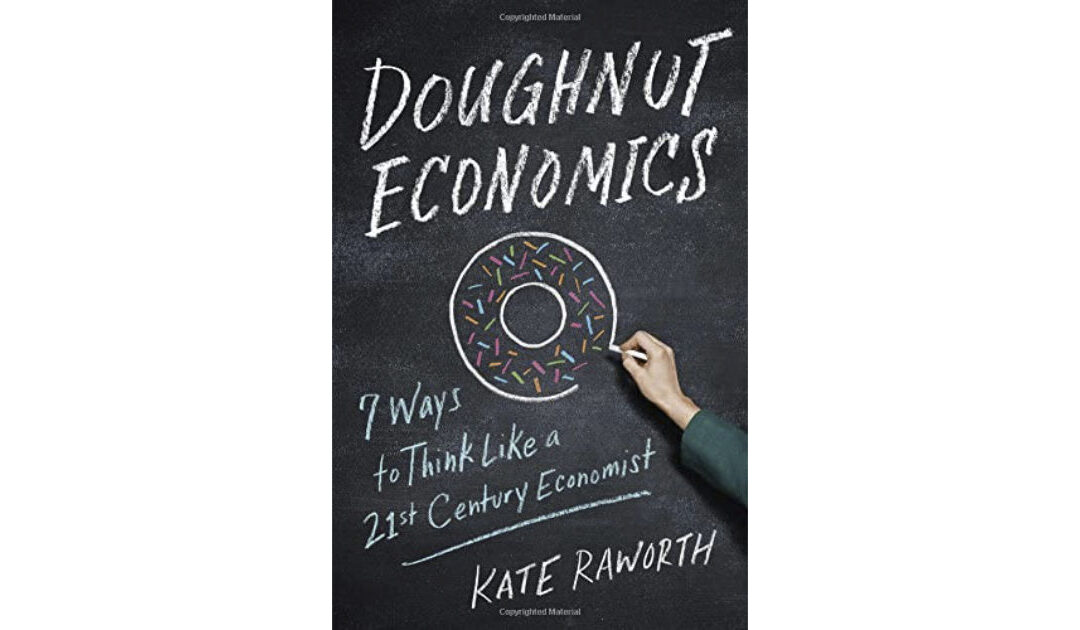In small or large companies, relational silos prevent us from collaborating as we should and relegate the shared project to the background. Sometimes considered as a nuisance to the smooth running of the company, let’s value human relationships at the centre of organizations to build innovative companies.
Let’s ban emotional relationships within companies
Corporate governance, inspired by political structures, has emphasized the separation of powers, the balance between these powers and control within organizations. Promoting control bodies, it is based on the ideology of non-trust. These principles of good governance have been translated into organizational schemes based on the separation of roles. Through control, we ensure that the work is done well, that the rules are respected. We develop corporate cultures based on performance and quality.
Hyper-verticality prevents us from collaborating as we should and relegates the shared project to the background
To such a degree that we have fallen into the trap of silos: we each work in our own corner, using e-mails. Caught up in the hyper-verticality of structures, the lack of transversality and non-cooperation, we neglect to listen to each other, to talk to each other, to get to know each other. We forget our shared project. Move along, it’s not my role, go and see the other side of the wall…
The company’s shared project
Beyond its role in balancing power, good governance also ensures that clear strategies are defined for sustainable performance. And this is where things get tricky. While the ideology of control is ideal for managing individual performance, it is much less suited to defining complex strategies.
The challenge for corporate governance is to re-establish a balance in the values it conveys.
The company is built around a common project. It needs innovation to adapt to the outside world.
Work is serious
We need to be tough, our organizations need to be places that are free of the emotion that is detrimental to professionalism. Good corporate governance suggests that it is better to avoid relationships that are too close, which could be a threat to the company’s interests. By mixing the emotional with the professional, we could make the wrong decisions. But there is a flip side to this coin that is often overlooked: relationship gaps can cause enormous damage.
Don’t beat our brains out, the solution is simple: beyond defining roles within organizations, we need to integrate roles. And human relationships are the most natural mechanism for role integration.
Let’s transform human resources management into human management with all its relational common sense. Quite simply.
Let’s care about relationships. Let’s value and promote more human connections, emphasizing emotional connection, friendship and trust in people. Let’s make room for the social strength of our human nature. This will give us a tremendous opportunity to inject into our companies the human touch needed to break down walls, break down silos and make room for innovation and collaboration.





